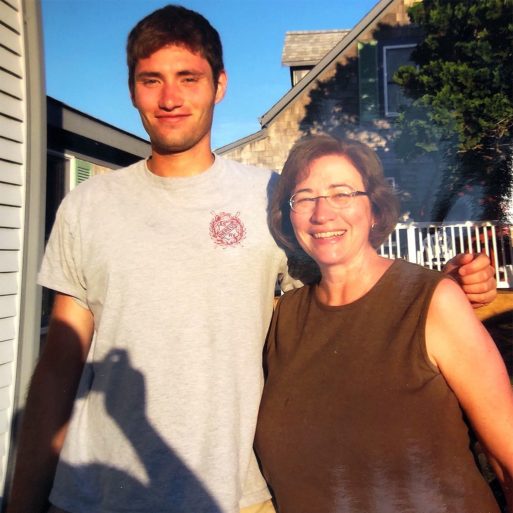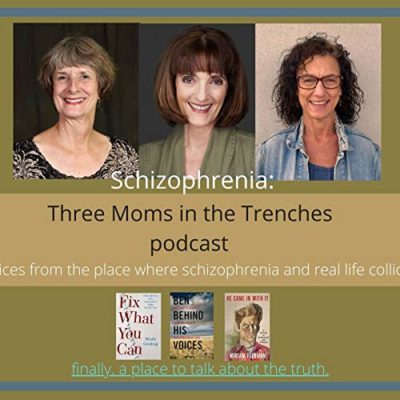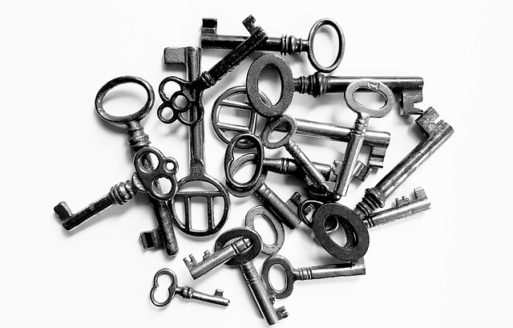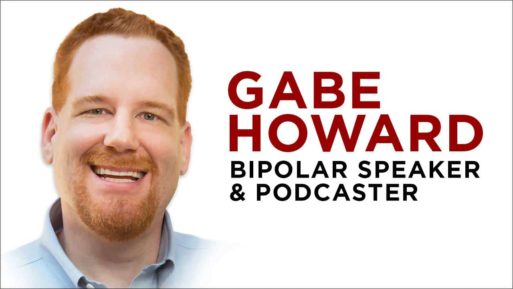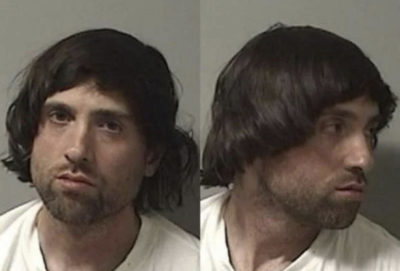
The Uphill Path to Mental Health: A Book Review By E. Fuller Torrey, MD.
Healing: Our Path from Mental Illness to Mental Health
by Thomas Insel, MD; Penguin Press, 2022
Thomas Insel, MD, gets several important things right in his book, Healing: Our Path from Mental Illness to Mental Health. He is right that the public mental illness treatment system in the US is a mess and inferior to most western European countries. He is right that we know what to do, but do not use what we know very well.
But he is wrong about one important issue—the role of the National Institute of Mental Health (NIMH). Dr Insel means well and would like to be part of the solution. Unfortunately, because of his blind spot, he continues instead to be part of the problem.
